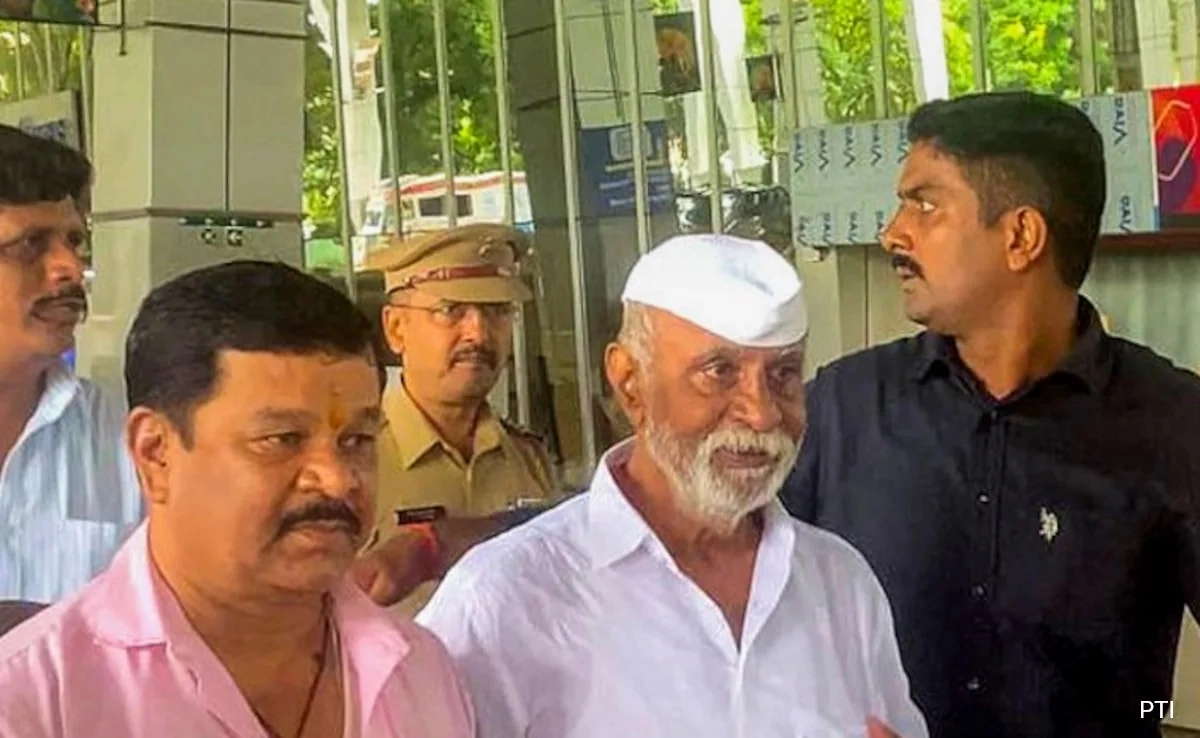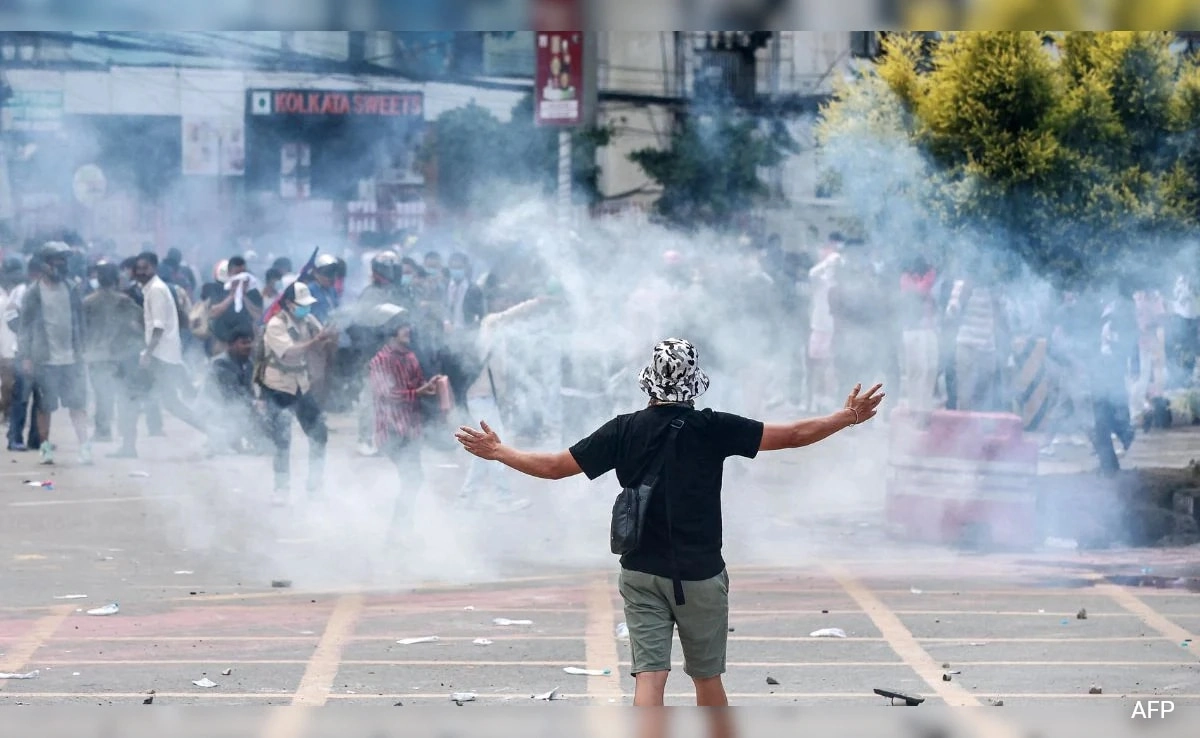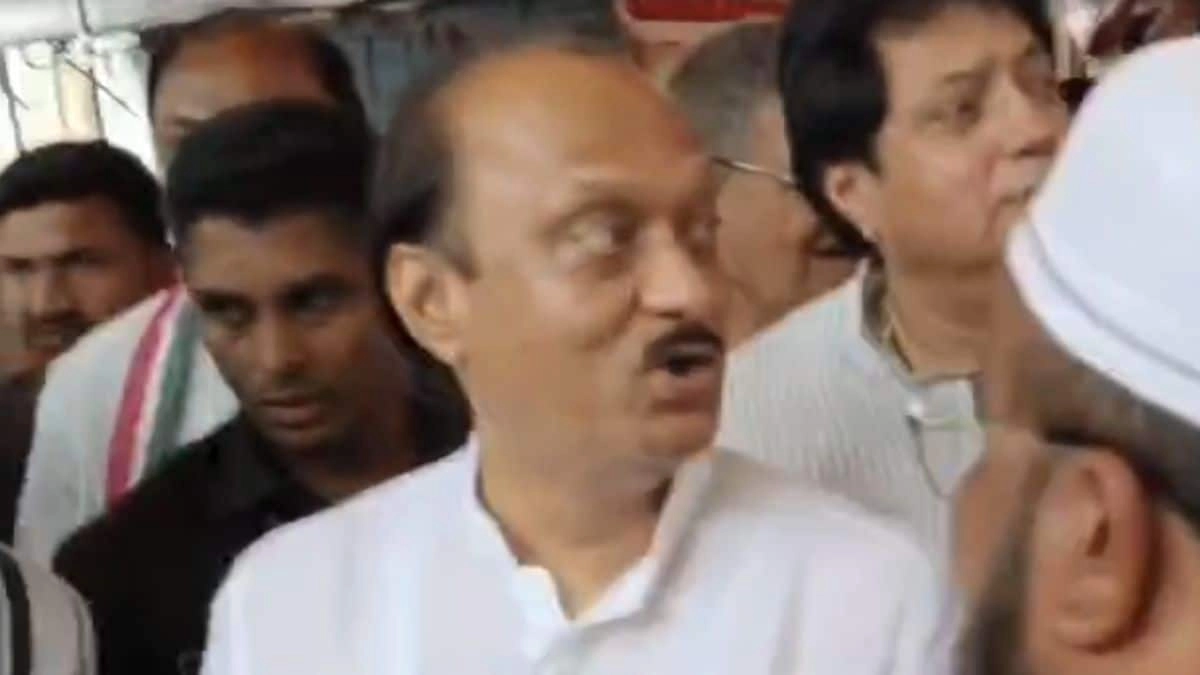Arun Gawli, a notorious gangster and former politician, has been released from Nagpur Jail after serving 17 years behind bars. His release comes following the granting of bail in a high-profile murder case that had kept him imprisoned for nearly two decades. Gawli, who has long been a controversial figure in Mumbai’s underworld, was convicted in connection with the murder of a rival gangster, a crime that significantly impacted the dynamics of organized crime in the region.
During his time in prison, Gawli’s life took on a multifaceted character. He was not only known for his criminal activities but also for his political ambitions. Gawli had previously attempted to transition from a life of crime to a legitimate political career, even founding his own political party. His complex persona has made him a subject of fascination for many, with numerous stories circulating about his life, both in and out of crime. The gangster’s release is expected to stir discussions about the influence of organized crime on politics in India, as well as issues related to the justice system and the rehabilitation of convicts.
As Gawli steps back into society, the implications of his release extend beyond personal freedom. His return could potentially reignite old rivalries and alter the power balance within the criminal underworld. Observers are keenly watching to see how he will navigate his newfound freedom and whether he will attempt to reclaim any influence he once held. His case serves as a stark reminder of the complex interplay between crime, politics, and societal perceptions in India, raising questions about the future of those who have been entrenched in a life of crime.
The public reaction to Gawli’s release has been mixed, with some expressing concern over the potential resurgence of gang violence, while others argue for the importance of rehabilitation and second chances. As he reintegrates into society, the challenges he faces will be significant, not only in terms of his past actions but also in the broader context of public safety and community trust. Gawli’s journey is emblematic of the struggles many face upon reentry after long prison sentences, making it a critical narrative in discussions surrounding crime and punishment in contemporary India.




